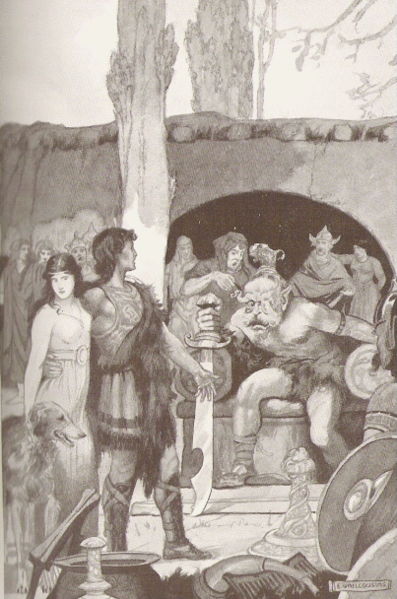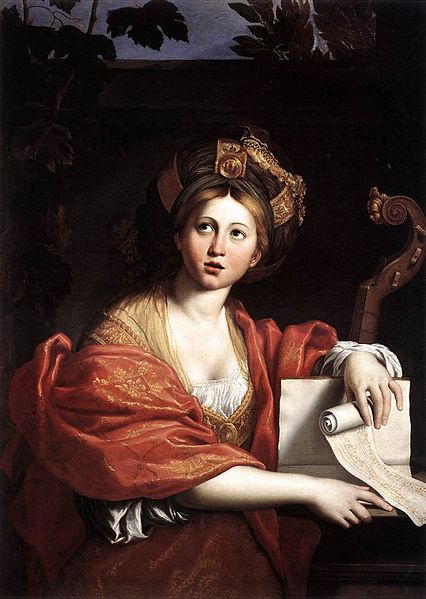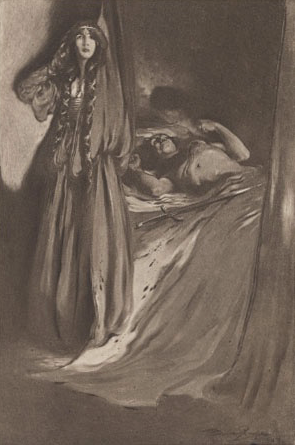Female names:
Ya’alom means “diamond” in Hebrew.
Ya’ara means “honeycomb, honeysuckle” in Hebrew.
Ya’arit means “forest” in Hebrew.
Yael means “ibex” (a mountain goat) in Hebrew. This name is written as Yaël in French, Jaël in Dutch, and Jáél in Hungarian.
Yaen means “ostrich” in Hebrew.
Yaffa means “beautiful” in Hebrew.
Yakira means “precious” in Hebrew. This was the name of one of my younger campers when I was a camp counselor.
Yartina is Judeo–Arabic.
Yasmin means “jasmine” in Hebrew.
Yekara (Judeo–Anglo–Norman) comes from a Hebrew word meaning “dear, expensive.” Amuletic names were very popular during the Middle Ages.
Yente, Yenta (Yiddish) derives from the French word gentille (noble, aristocratic). Because of the character in Fiddler on the Roof, it’s taken on the slang meaning of a gossip.
Yifat means “splendour” in Hebrew.
Yocheved means “God is glory” in Hebrew.
Yvetta is the Judeo–Anglo–Norman feminine form of the French name Yves, which derives from the Ancient Germanic name Ivo (yew).
Male names:
Ya’ari means “forest” in Hebrew.
Yagil means “he will rejoice” in Hebrew.
Yair means “he shines” in Hebrew. The feminine form is Yaira.
Yanai, Yanay means “God answers” in Hebrew.
Yankel is a Yiddish form of Jakob (original Hebrew form Ya’akov). Though traditional etymology claims this name means “heel” and “supplanter,” many modern Biblical scholars believe it comes from Semitic roots meaning “may God protect.”
Ya’qubu is a Judeo–Arabic form of Jakob.
Yaron means “to sing” in Hebrew. The feminine form is Yarona.
Yechiel means “God will live” in Hebrew.
Yishai is the original Hebrew form of Jesse, which means “gift.”
Yochanan is the Hebrew form of John, which means “God is gracious.” The original form was Yehochanan.
Yoram is a contracted form of the Hebrew name Yehoram, which means “exalted by God.”
Yusufu is a Judeo–Arabic form of Joseph (original Hebrew form Yosef), which means “he will add.”
Yvelin is the Judeo–Anglo–Norman diminutive form of Yves.
Unisex names:
Ya’ar means “forest” in Hebrew.
Yahel means “to shine, to make a halo” in Hebrew.
Yarden is the Hebrew form of Jordan, taken from the name of the river and the root yarad (“descend” or “flow down”).
Yitav means “it will be good” in Hebrew. This is a rare name.
Yona means “dove” in Hebrew. This was originally an exclusively male name, but has become unisex in the modern era.
Yuvalor means “stream of light” in Hebrew. This is a rare name.











